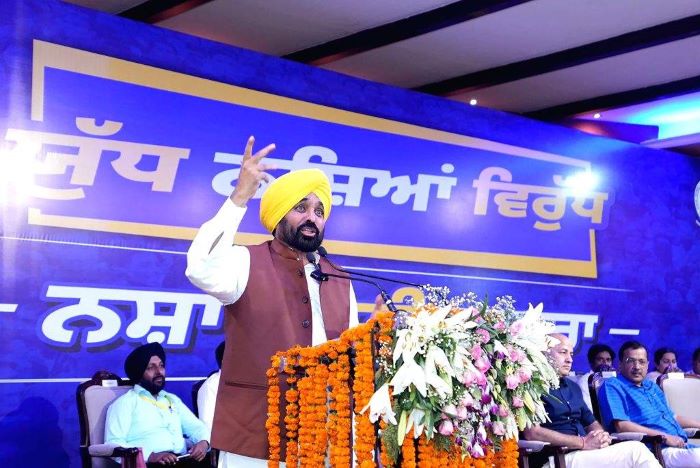 When the Punjab Chief Minister visits any city or town, the administration and law enforcement agencies often impose unnecessary restrictions by closing main markets, blocking roads, and forcing shops to shut down. These measures create serious hardships for ordinary residents who may have urgent medical needs, unavoidable work commitments, or personal emergencies. Instead of bringing the government closer to the people, such heavy-handed practices only generate resentment and frustration among citizens. A democratic leader’s visit should never be a source of inconvenience or suffering for the very people he or she represents.
When the Punjab Chief Minister visits any city or town, the administration and law enforcement agencies often impose unnecessary restrictions by closing main markets, blocking roads, and forcing shops to shut down. These measures create serious hardships for ordinary residents who may have urgent medical needs, unavoidable work commitments, or personal emergencies. Instead of bringing the government closer to the people, such heavy-handed practices only generate resentment and frustration among citizens. A democratic leader’s visit should never be a source of inconvenience or suffering for the very people he or she represents.
If the Chief Minister truly wishes to connect with the people, the approach should be more humble and practical. Security arrangements can be made in a way that ensures safety without disturbing daily life—for example, keeping markets open, allowing traffic to flow smoothly, and using alternate routes or surprise inspections instead of massive pre-announced convoys. Public visits should be planned with minimum disruption, using smaller security cordons and direct interaction with citizens rather than ceremonial shows. By traveling with simplicity and respecting the freedom of residents, the Chief Minister can set a new standard of leadership that is people-friendly, secure, and truly democratic.
In Punjab, where the legacy of leaders and martyrs has always been rooted in humility and service, the current practice of sealing cities during the Chief Minister’s visits stands in sharp contrast to our traditions. Forcing shopkeepers to shut down, blocking traffic, and preventing residents from carrying out their daily lives not only causes immense hardship but also insults the dignity of ordinary Punjabis. Our history is full of examples where true leaders walked among the people with simplicity and fearlessness, never hiding behind barricades or punishing citizens in the name of security. When patients cannot reach hospitals or workers are denied their livelihoods just because of one person’s movement, it reflects not leadership but arrogance.
If the Chief Minister wishes to carry forward Punjab’s proud tradition of seva (selfless service) and sacrifice, he must abandon this VIP culture of disruption. Security can and should be managed without turning cities into prison camps. Smaller convoys, surprise visits, open interactions, and respect for the public’s freedom are all ways to ensure safety while honoring the people. A leader in Punjab should embody the spirit of Guru-inspired humility—being among the sangat, not above them. By traveling with simplicity and ensuring that no citizen suffers because of his presence, the CM can truly earn the love and respect of Punjabis, rather than imposing his authority through inconvenience and fear.